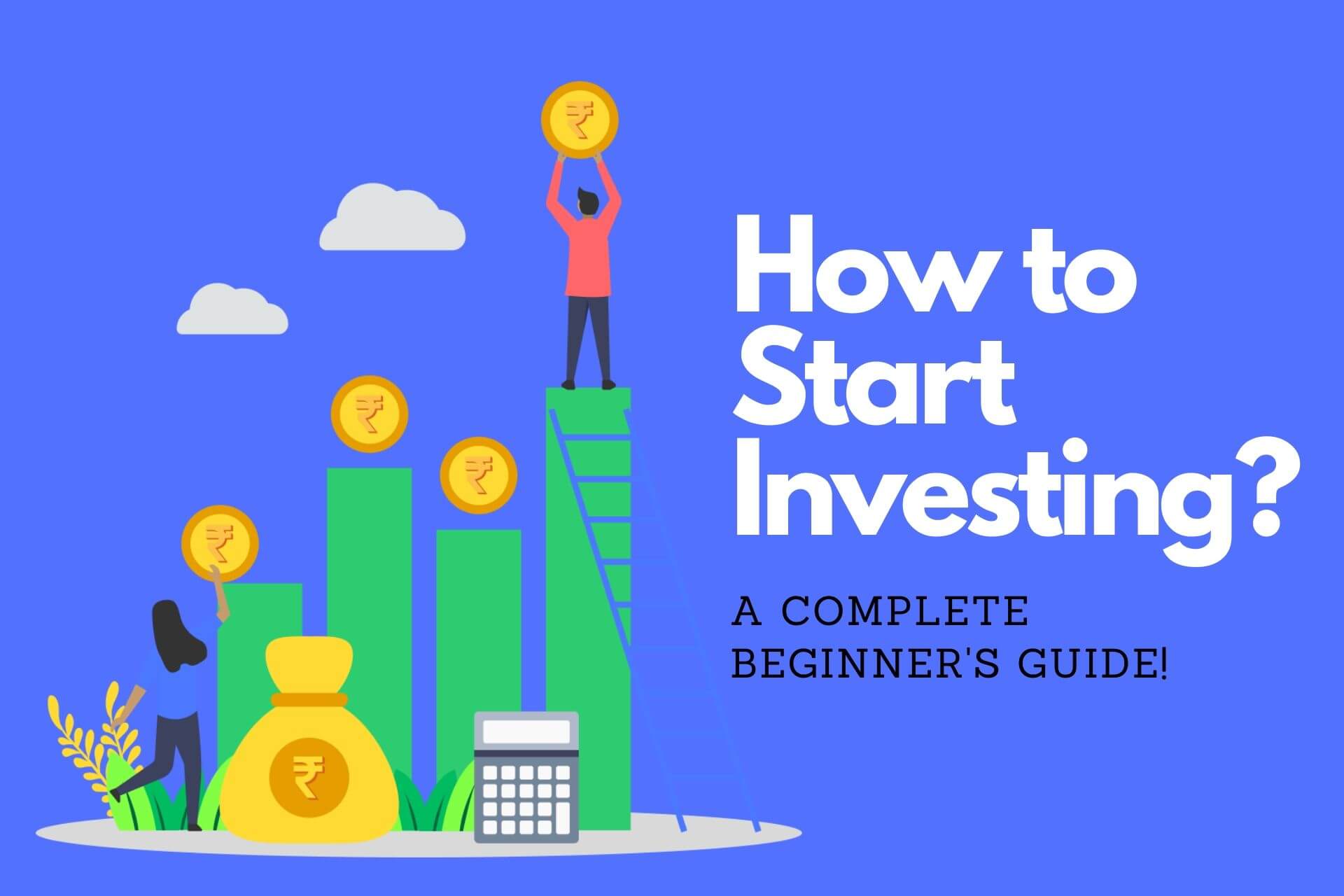
Are you fit to manage your invesments on your own?
Updated on 20-05-2021
Money is complex and intimidating, no matter how much or how little you have.
But the big question is whether manage your investments on your own or to get a financial advisor?
The answer depends on your knowledge. Many investors believe they don't need professional advice to handle their finances but this depends on an individual's level of awareness, the complexity of his finances and if he has the right temperament.DIY (Do it yourself) investing can be very rewarding. But it also requires a lot of time, effort & discipline.
Where DIY can go wrong
The problem with DIY investing is that many people don't even know where they go wrong. Say a Jamshedpur based businessman Vinit Agarwal fell for a simple math trick when he bought a term plan of Rs 50 lakh with a return of premium option. He will pay Rs 33,000 every year and get back roughly Rs 10 lakh after the policy ends in 30 years. “That’s the best part of the policy. It will return entire amount that I will pay over 30 years” he says. A regular term plan of Rs 50 lakh would have cost Sharma Rs 17,000 per year. If he invested the remaining Rs 16,000 in the PPF to earn a modest of 8%, he would accumulate Rs 18 lakh in 30 years. Hence, a financial adviser is a safeguard against one's cognitive biases. And the studies have shown that annual rebalancing of the portfolio can yield better returns than any other investment strategy. Investors are required to take difficult decisions when they rebalance, but they often avoid doing so. It's here that the unemotional approach of a financial planner is particularly useful.
Here’s where you need a financial planner
A good financial planner can help you to organize your overall financial picture, including setting up a retirement saving, investing strategy, planning for big expenses (like buying a house or buying car etc), everyday budgeting and spending & tax planning.
A good financial planner will:
- Do a thorough risk profiling to know your ability and willingness to take risk and accordingly establish an asset allocation strategy.
- Draw up a list of goals with timelines and have plans to achieve them.
- Diversify your investments across various asset classes and not make frequent tactical changes in plan.
- Recommend strategies to manage your debts and other liabilities.
- Help you in tax planning so save you from tax related issues.
Investor need to identify the difference between a financial product salesman that may be from your bank or employee of mutual fund houses and a qualified financial planner. A financial salesman while selling or pitching you the insurance/ mutual funds product usually do not focus on your risk profiling, your financial goal, your tax analysis etc. and their main intention remain to sell the product to complete their target.
A financial planner guides you in meeting your current financial needs and long-term goals. That typically means assessing your financial situation, understanding what you want your money to do for you (both now and in the future) and helping create a plan to get you there.
You can reach us for any financial assistance anytime from anywhere! To know more
You can also use GIIS Financial tools or Our Android App for Investment, tracking and Asset allocation planning.
*Mutual Fund Investments are subject to market risk, read all scheme related documents carefully.
Share On




















0
Comment